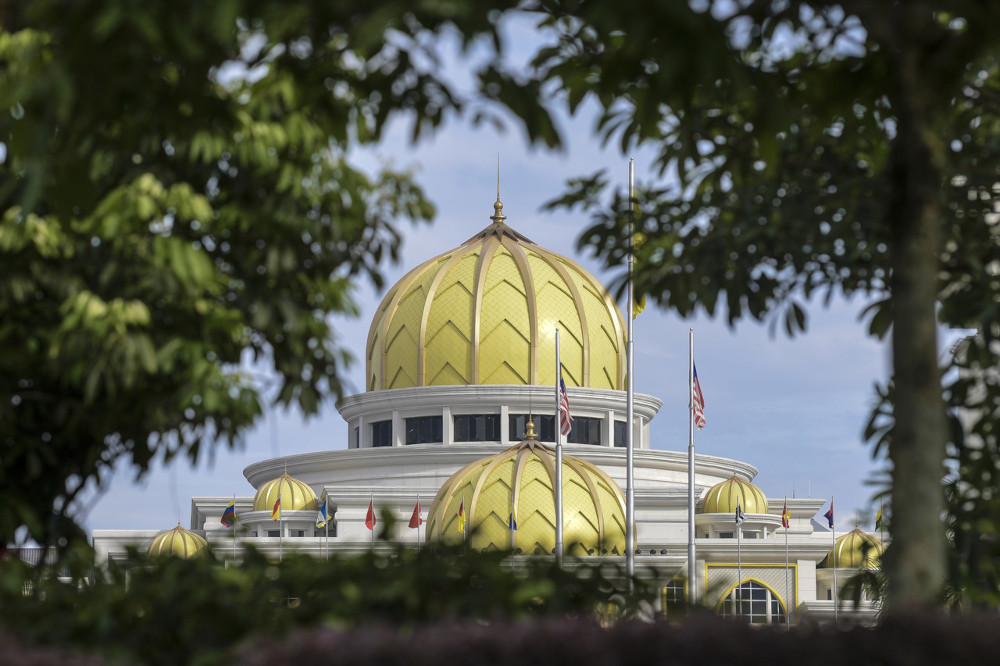JOHOR BARU, June 9 — The Yang di-Pertuan Agong had acted fully within the extent of his constitutional power when he summoned political leaders to Istana Negara today, according to Pasir Gudang MP Hassan Abdul Karim.
The PKR politician and lawyer said Al-Sultan Abdullah Ri’ayatuddin Al-Mustafa Billah Shah’s initiative to personally gather input from both government and Opposition elected representatives proved the King has a degree of power as a constitutional monarch that does not require prior advice from the prime minister.
He added that this action demonstrates that the Malay Rulers can step forward as their duty to the country when politics fail.
“Political power in Malaysia is not entirely in the hands of professional politicians or parliamentarians.
“The Malay Rulers and the Yang di-Pertuan Agong also have the power under the federal constitution as Malaysia practices both a parliamentary democracy as well as a constitutional monarchy system of governance,” Hassan said in a statement tonight.
He was remarking on the stream of political leaders who were called to the palace earlier today for an audience with Sultan Abdullah amid growing public discontent with the government’s management of the Covid-19 crisis.
Hassan said the King acted not because there is a constitutional crisis, but to save the country in the face of a severe public health crisis.
He noted that the Agong “did not seek the advice of the prime minister or the Cabinet at all” when he summoned the political leaders.
“This is a clear signal to the Perikatan Nasional (PN) government led by (Tan Sri) Muhyiddin Yassin that his term in power is almost coming to an end,” said Hassan.
He said that Agong and the Malay Rulers may not intervene if the ruling coalition is a government that has a strong mandate or has strong support in Parliament.
He added that it is not at all times that the Agong must act based on prior advice from the prime minister or the Cabinet under Clause (1) of Article 40 of the Federal Constitution.
“In fact, under Clause (2) (c) of Article 40 of the Constitution it is clearly stated as a provision where the Yang di-Pertuan Agong can act at his discretion.
“The particular provision of the Constitution is very helpful to Malaysia and will ensure that the country does not easily fall into the wrong hands of a leader or eventually turn into a dictatorship,” said Hassan.
He added that he is personally not for feudalism but strongly opposes anti-democratic dictatorial institutions.
The Agong will continue to hold an audience with political party leaders at Istana Negara tomorrow until June 11.
He will also chair a special meeting with the Conference of Malay Rulers on June 16 to discuss efforts to curb the spread of Covid-19 and the government’s measures that have been implemented during the current Emergency.



















